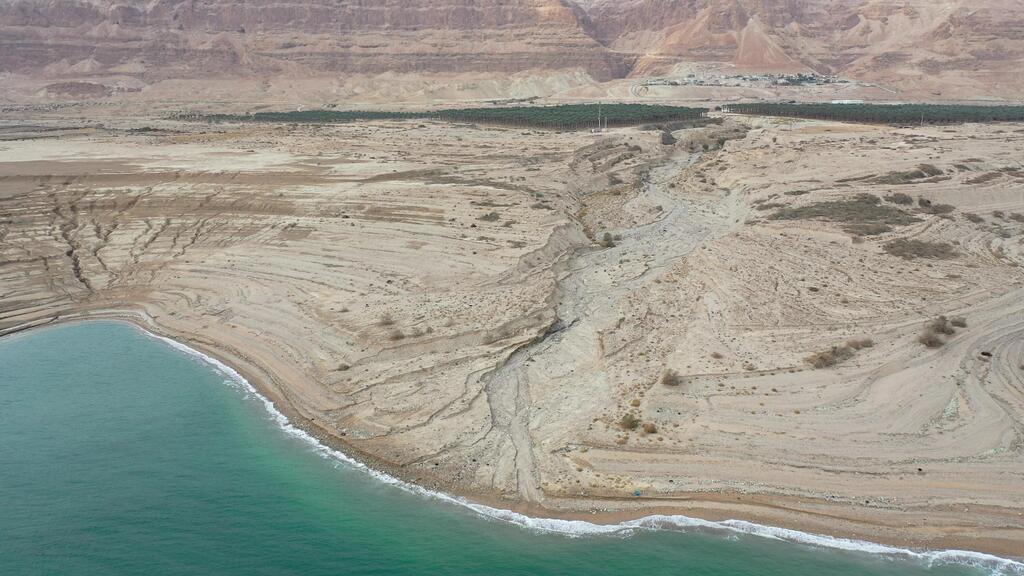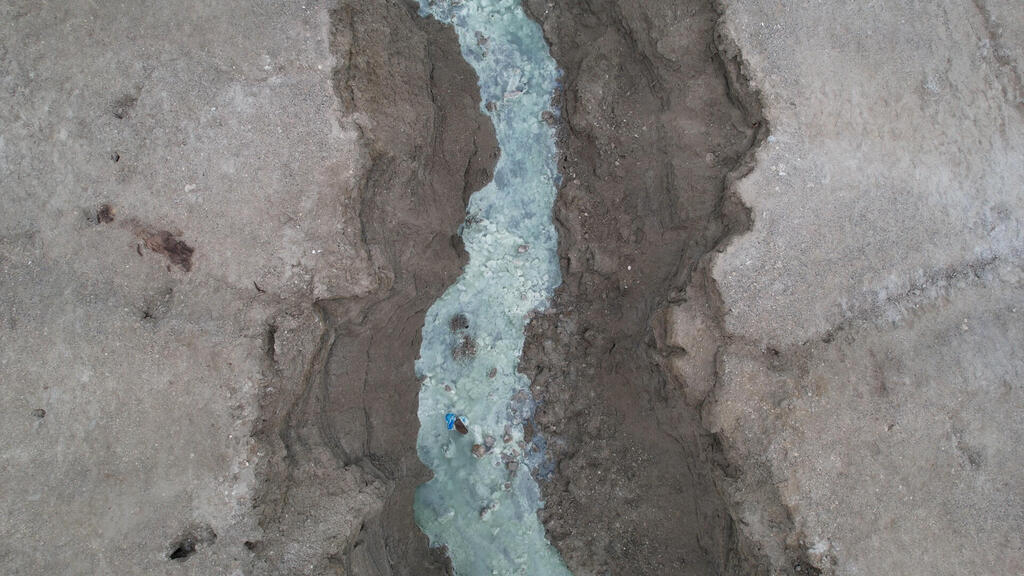A recent leak from a supply canal of the Dead Sea Works in southern Israel caused significant damage to the surrounding ecosystem, according to the Israel Nature and Parks Authority.
Investigators found that the leak of Dead Sea water polluted nearby soil and destroyed many protected species. They warned that local wildlife could also be at risk, due to a lack of food and resources.
“It is severe… we found quite a lot of vegetation that died from the leakage and salinity of the water,” said Dr. Asaf Tsoar, head of the authority’s science division.
The Dead Sea – a salt lake bordered by Jordan to its east and Israel and the West Bank to its west – has 10 times more salinity than the Mediterranean Sea.
“This is water that comes directly from the Dead Sea is very toxic for any biological creature,” he added. “We’ve seen a wide range of trees and vegetation that died because of [the leak], and the animals that feed on that or find shelter can’t do that anymore.”
The iconic body of water has been receding since the 1960s because of the diversion of incoming water from the Jordan River, its main tributary.
To combat the shrinkage, the southern end of the Dead Sea is fed by a canal near the Tze’elim River – where the leak occurred – maintained by the Dead Sea Works, a company that converts the sea's raw materials.
“The Dead Sea is a national and international asset, and it’s sad to say it’s not the first time it damaged the environment,” said Iris Hann, CEO of the Society for the Protection of Nature in Israel.
“There is no magic solution because the Dead Sea is connected to the whole water management issue, and we are using more than nature gives to us.”



